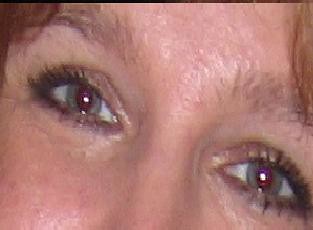Players authorize union to reach new steroid deal
I have a 14 year old son who plays baseball. Earlier this week he was sounding me and my sister out about taking supplement shakes for body building. He has a friend who drinks body building shakes with his dad and works out. "Mikey's Dad lets him......
I told him he could take an approved REGULAR vitamin and drink Ovaltine.
If I were a professional ball player, regardless of the "edge" steroids might give me, I would be relieved to know I didn't have to risk premature death, tumors and an assortment of ills to be able to play the game. If all players were held to the same standard you wouldn't need to be "superman" to compete.
Associated Press
Dec. 7, 2004 04:30 PM
Baseball players gave their lawyers the go-ahead Tuesday to reach an agreement with owners on tougher testing for steroids.
After negotiations with management were outlined to the executive board of the players' association, union head Donald Fehr said the board "authorized us to attempt to conclude an agreement consistent with those discussions."
Commissioner Bud Selig repeatedly has called for more frequent testing and harsher penalties for steroid use, stepping up the intensity following reports of grand jury testimony in a steroid investigation that includes Barry Bonds, Jason Giambi and Gary Sheffield. advertisement
Gene Orza, the union's chief operating officer, said Monday that discussions toward a new agreement had advanced but the sides were still apart. Management expects talks to resume next week.
"We're very pleased they're coming to the table, and we hope we can achieve a program that works," said Bob DuPuy, baseball's chief operating officer.
About 40 players were present at the meeting, union spokesman Greg Bouris said.
Fehr defended the current program, saying it would work if "it had been given time." Each player was tested once in 2004 during a period between the start of spring training and the end of the regular season.
In 2003, anonymous tests were conducted as a survey, and 5 to 7 percent came back positive. Fehr thought the number of positive tests declined this year but did not provide specifics.
"What you will see is a significant reduction," he said.




<< Home